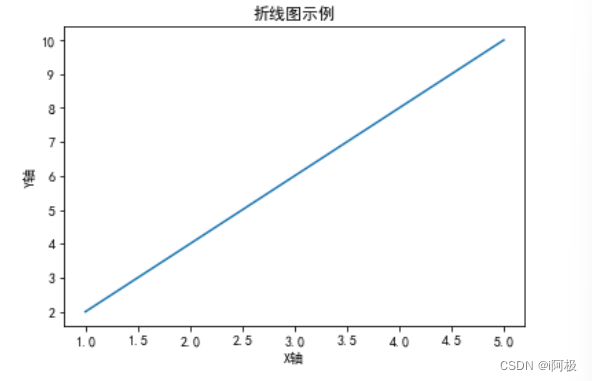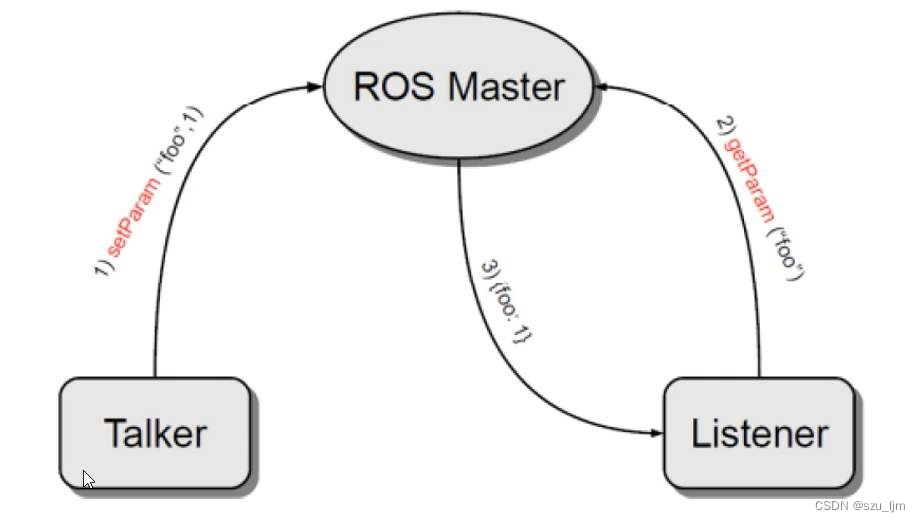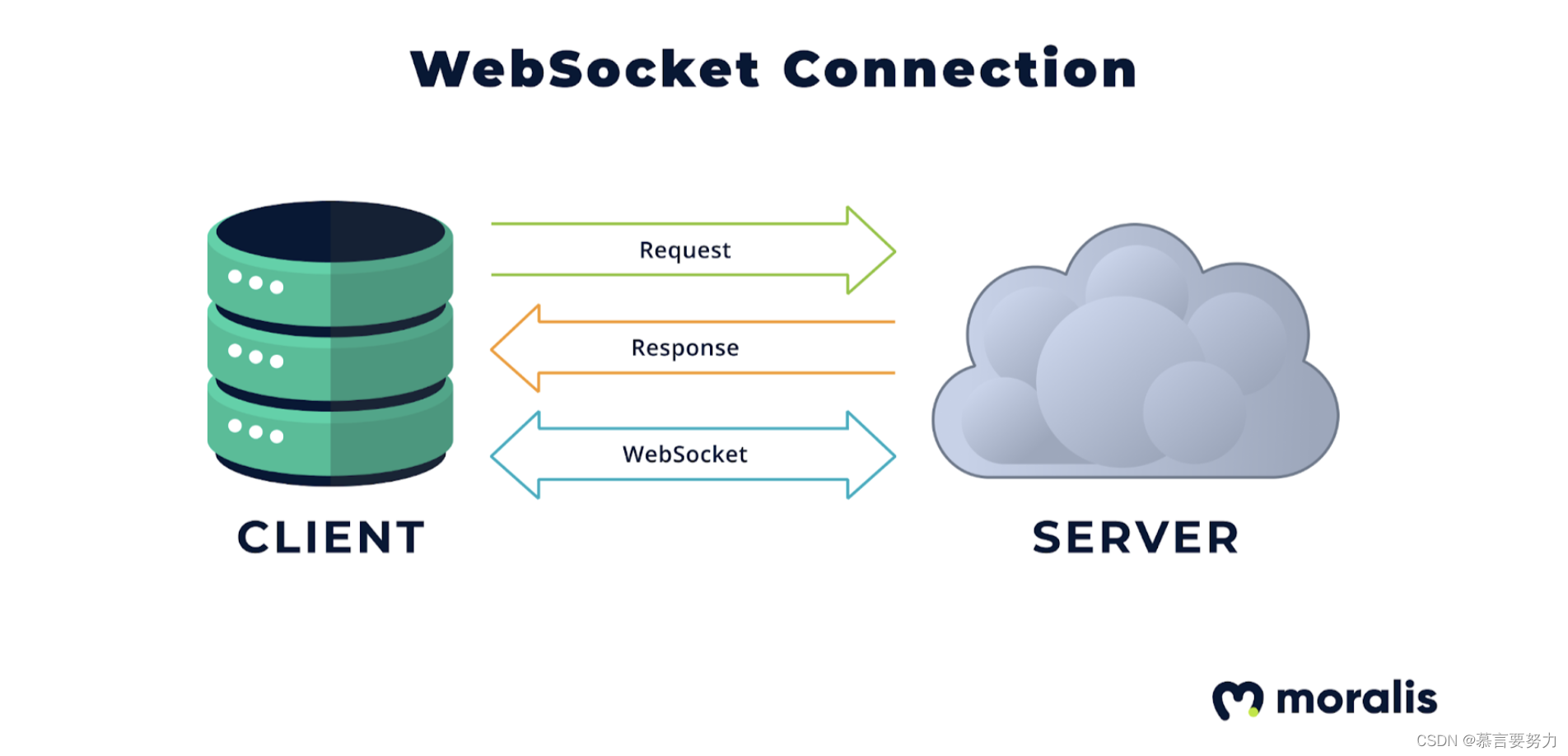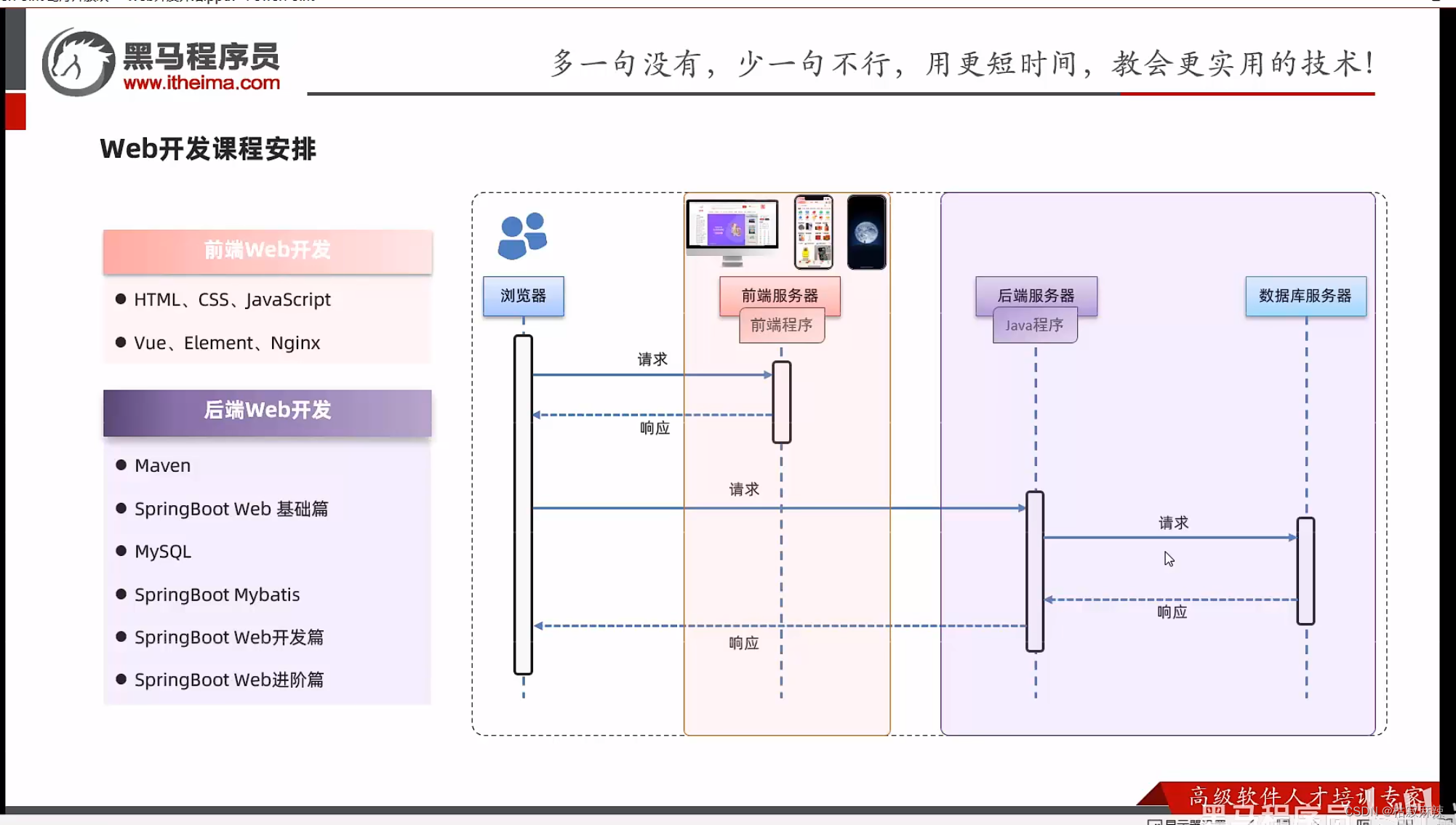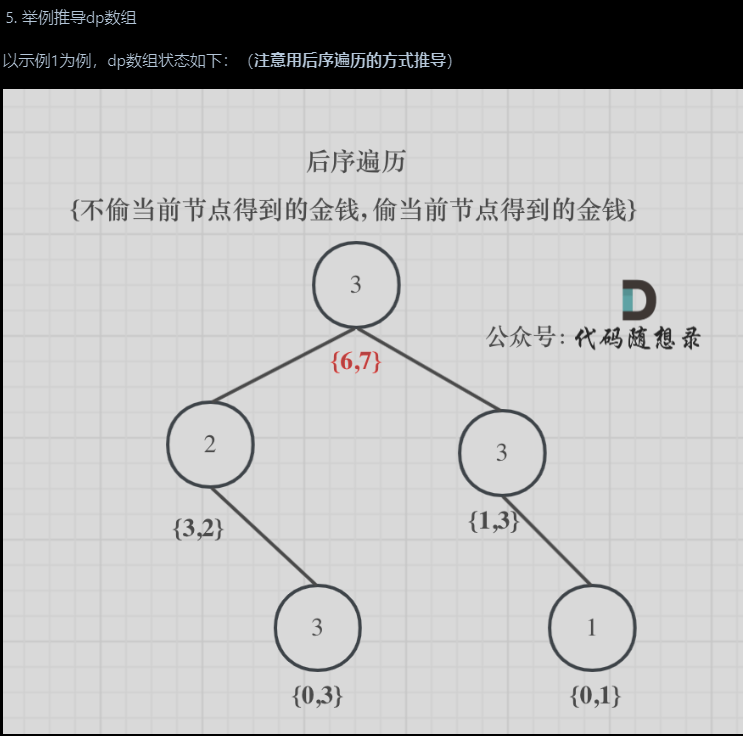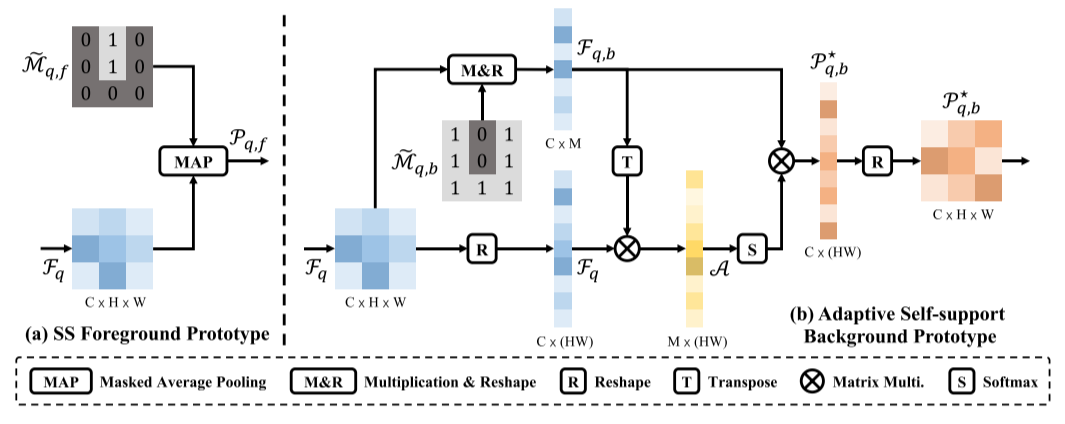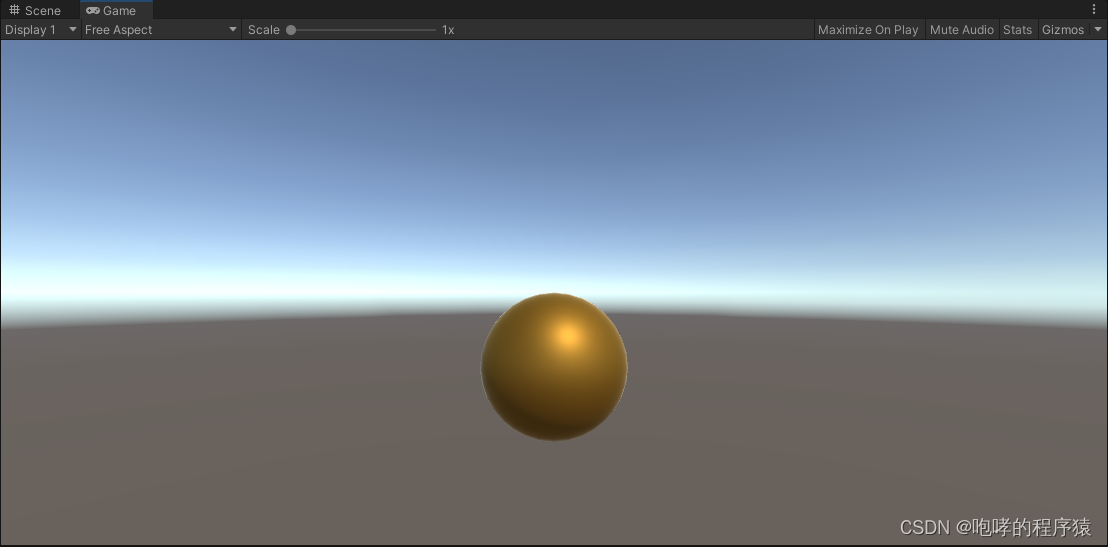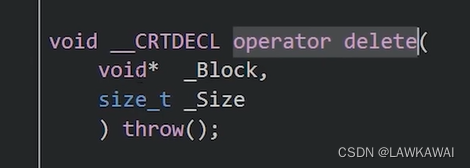1. 闭包定义
定义双层嵌套函数, 内层函数可以访问外层函数的变量
将内存函数作为外层函数的返回,此内层函数就是闭包函数
2. 闭包的好处和缺点
优点:不定义全局变量,也可以让函数持续访问和修改一个外部变量
优点:闭包函数引用的外部变量,是外层函数的内部变量。作用域封闭难以被误操作修改
缺点:由于内部函数持续引用外部函数的值,所以会导致这一部分内存空间不被释放,一直占用内存
3. nonlocal关键字的作用
在闭包函数(内部函数中)想要修改外部函数的变量值
需要用nonlocal声明这个外部变量
# 简单闭包
# def outer(logo):
#
# def inner(msg):
# print(f"<{logo}>{msg}<{logo}>")
#
# return inner
#
#
# fn1 = outer("嘿嘿")
# fn1("大家好")
# fn1("大家好")
#
# fn2 = outer("哈哈")
# fn2("大家好")
# 使用nonlocal关键字修改外部函数的值
# def outer(num1):
#
# def inner(num2):
# nonlocal num1
# num1 += num2
# print(num1)
#
# return inner
#
# fn = outer(10)
# fn(10)
# fn(10)
# fn(10)
# fn(10)
# 使用闭包实现ATM小案例
def account_create(initial_amount=0):
def atm(num, deposit=True):
nonlocal initial_amount
if deposit:
initial_amount += num
print(f"存款:+{num}, 账户余额:{initial_amount}")
else:
initial_amount -= num
print(f"取款:-{num}, 账户余额:{initial_amount}")
return atm
atm = account_create()
atm(100)
atm(200)
atm(100, deposit=False)
4. 装饰器的定义
装饰器就是使用创建一个闭包函数,在闭包函数内调用目标函数。
可以达到不改动目标函数的同时,增加额外的功能。
# 装饰器的一般写法(闭包)
# def outer(func):
# def inner():
# print("我睡觉了")
# func()
# print("我起床了")
#
# return inner
#
#
# def sleep():
# import random
# import time
# print("睡眠中......")
# time.sleep(random.randint(1, 5))
#
#
# fn = outer(sleep)
# fn()
# 装饰器的快捷写法(语法糖)
def outer(func):
def inner():
print("我睡觉了")
func()
print("我起床了")
return inner
@outer
def sleep():
import random
import time
print("睡眠中......")
time.sleep(random.randint(1, 5))
sleep()5. 设计模式
设计模式就是一种编程套路。
使用特定的套路得到特定的效果
单例设计模式:
单例模式就是对一个类,只获取其唯一的类实例对象,持续复用它。
优点:节省内存,节省创建对象的开销
工厂模式:
将对象的创建由使用原生类本身创建
转换到由特定的工厂方法来创建
优点:

class Person:
pass
class Worker(Person):
pass
class Student(Person):
pass
class Teacher(Person):
pass
class PersonFactory:
def get_person(self, p_type):
if p_type == 'w':
return Worker()
elif p_type == 's':
return Student()
else:
return Teacher()
pf = PersonFactory()
worker = pf.get_person('w')
stu = pf.get_person('s')
teacher = pf.get_person('t')
(日常美图时间)

